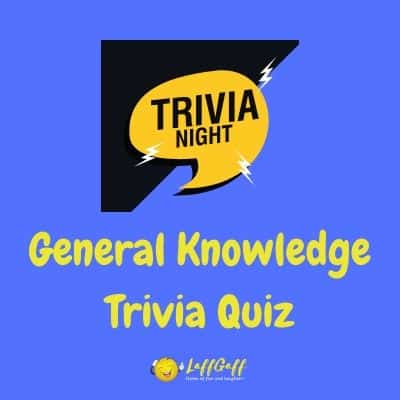Question: In which battle did Richard III of England die?
Show answer
The Battle of Bosworth.
Richard III of England met his demise in the Battle of Bosworth Field, a significant and defining conflict in English history. This battle, fought on August 22, 1485, marked the culmination of the Wars of the Roses, a series of dynastic conflicts that pitted the houses of Lancaster and York against each other for control of the English throne. Richard III’s death at Bosworth effectively ended the Yorkist reign and ushered in the Tudor dynasty.
The Battle of Bosworth Field holds a notable place in history for several reasons. Firstly, it was one of the last significant battles of the Wars of the Roses, effectively bringing to a close a period of civil strife and instability in England. Secondly, the battle saw the fall of Richard III, the last king of the House of York and the last of the Plantagenet dynasty, which had ruled England for several centuries.
Richard III’s opponent at Bosworth was Henry Tudor, Earl of Richmond, a Lancastrian claimant to the throne who later became King Henry VII. Henry’s forces were considerably outnumbered by Richard’s army, but he managed to secure key alliances, including the support of Thomas Stanley, 1st Earl of Derby, and his brother, Sir William Stanley, which proved crucial in the battle.
The battle itself was fierce and decisive. Richard III, known for his bravery, made a bold and direct charge at Henry Tudor in an attempt to end the battle swiftly by killing his rival. However, this move proved fatal. Richard found himself isolated and was killed in the melee. His death was brutal and marked the end of his reign and the Plantagenet line.
Richard’s defeat and death at Bosworth symbolized more than just a military victory for Henry Tudor; it represented a turning point in English history. It ended the Wars of the Roses, brought stability to England, and paved the way for the reign of the Tudor dynasty. Henry VII’s accession to the throne marked the beginning of a new era, which saw significant changes in English politics, society, and culture.
Furthermore, the Battle of Bosworth Field has been immortalized in literature and popular culture, most notably in William Shakespeare’s play “Richard III.” Shakespeare’s portrayal of Richard as a villainous and deformed tyrant has significantly influenced the historical perception of the king, though recent scholarship and the discovery of Richard III’s remains in 2012 have led to a reevaluation of his life and reign.



